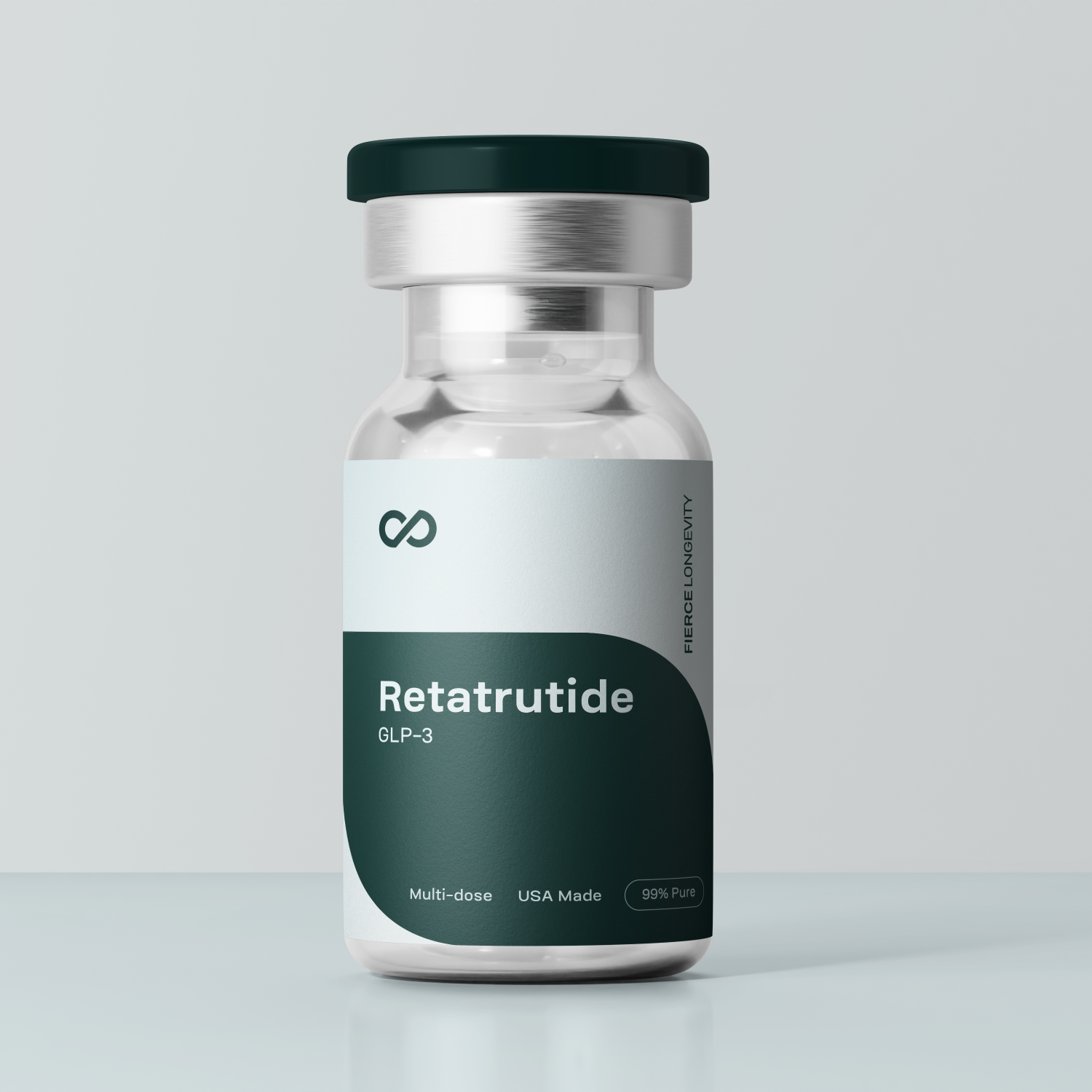
Retatrutide (GLP-3)
GLP-3 is an investigational treatment for obesity that is a triple hormone receptor agonist. A gastric inhibitory polypeptide (GIP), glucagon-like peptide-1 (GLP-1) and glucagon receptor agonist.
GLP-3 may work in the treatment of obesity by targeting three different hunger regulating hormones.
What's Included
- 20 Insulin Syringes (31G, 5/16”, 1cc)
- 1 Reconstitution Syringe
- 20 Alcohol Prep Swabs
- 1 Vial of Bacteriostatic Water (10 mL)
⚠️ Important Disclaimer
For Research Use Only. Not for human consumption or therapeutic treatment.

Retatrutide (GLP-3)
If you have any questions, you are always welcome to contact us. We'll get back to you as soon as possible, within 24 hours on weekdays.
-
Shipping Information
Use this text to answer questions in as much detail as possible for your customers.
-
Customer Support
Use this text to answer questions in as much detail as possible for your customers.
-
FAQ’s
Use this text to answer questions in as much detail as possible for your customers.
-
Contact Us
Use this text to answer questions in as much detail as possible for your customers.
Key Highlights
Triple Receptor Activation
Retatrutide uniquely targets GLP-1, GIP, and glucagon receptors—delivering synergistic effects for comprehensive metabolic regulation.
Enhanced Weight Management
Clinical studies show Retatrutide promotes significant fat reduction while preserving lean muscle mass through improved energy expenditure.
Improved Glucose Control
Activating GLP-1 and GIP pathways supports balanced insulin secretion and glucose metabolism, making it a promising model for diabetes research.
Optimized Lipid Metabolism
Retatrutide’s glucagon receptor engagement promotes lipid oxidation and reduces triglyceride accumulation, supporting cardiovascular health studies.
Appetite Regulation
By influencing central satiety pathways, Retatrutide helps modulate hunger signals for sustainable appetite and calorie intake control.
Metabolic Longevity Research
Its multi-pathway action provides a novel platform to explore long-term metabolic balance, energy efficiency, and healthy aging mechanisms.
Included in the Box
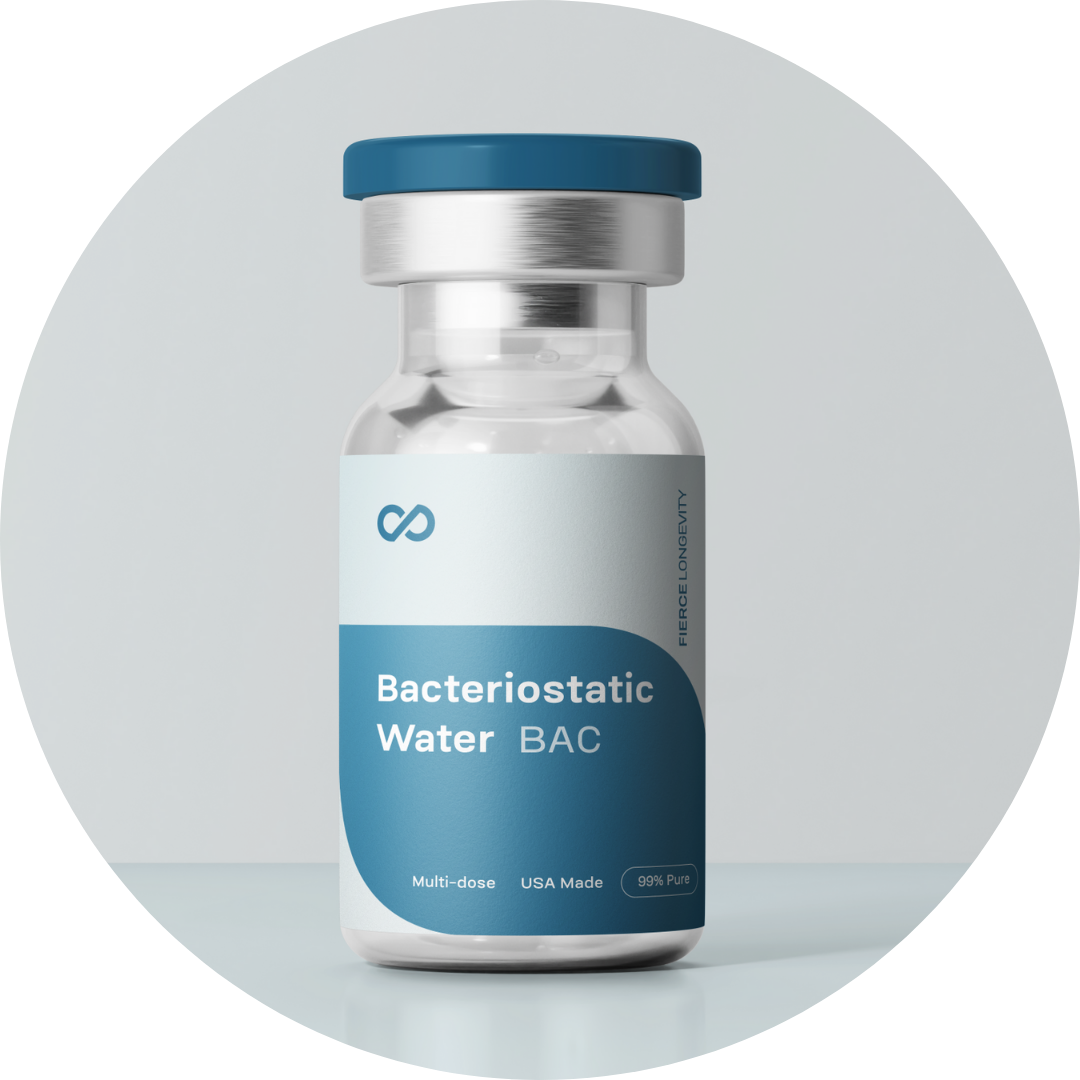
1 Vial of Bacteriostatic Water (10 mL)
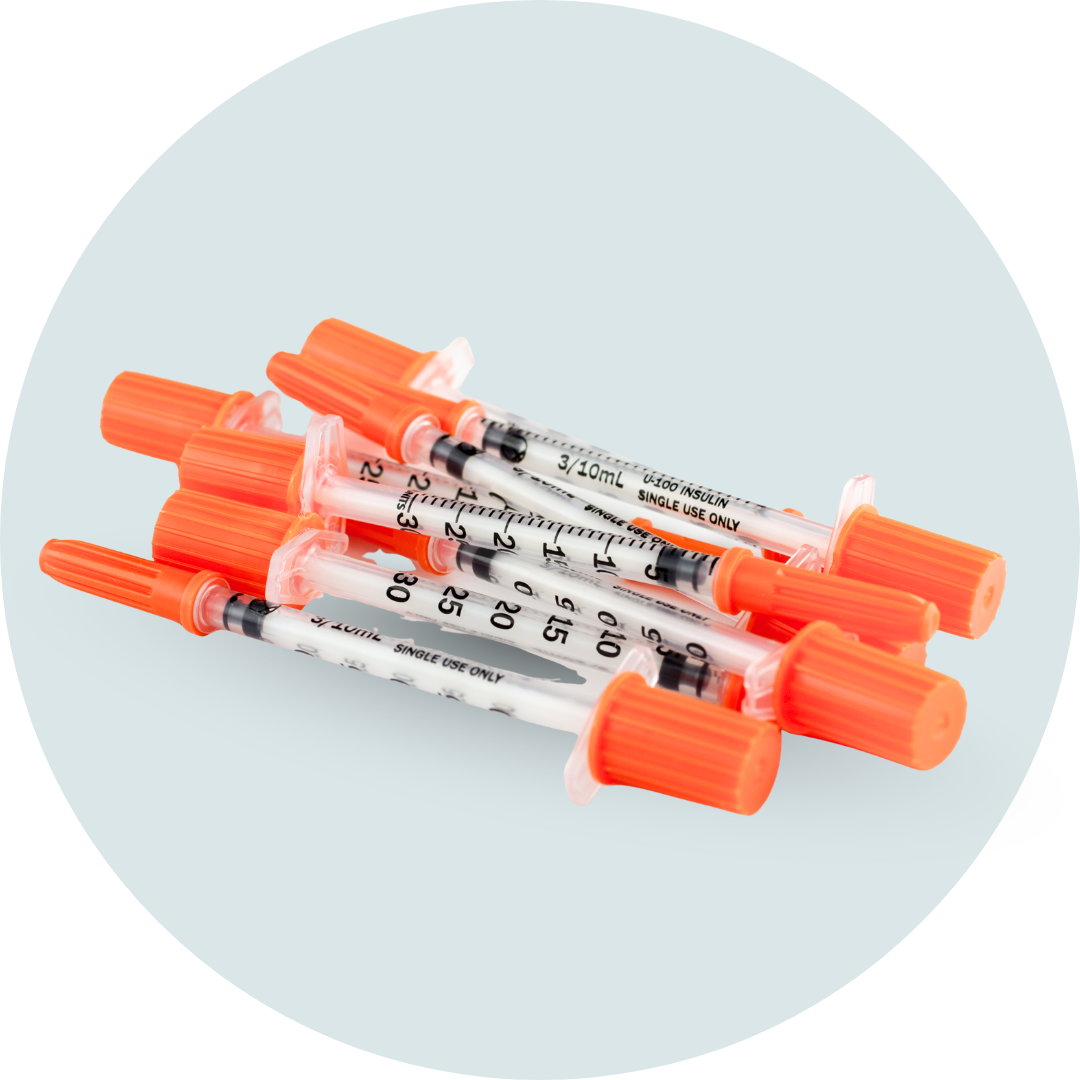
20 Insulin Syringes (31G, 5/16”, 1cc)
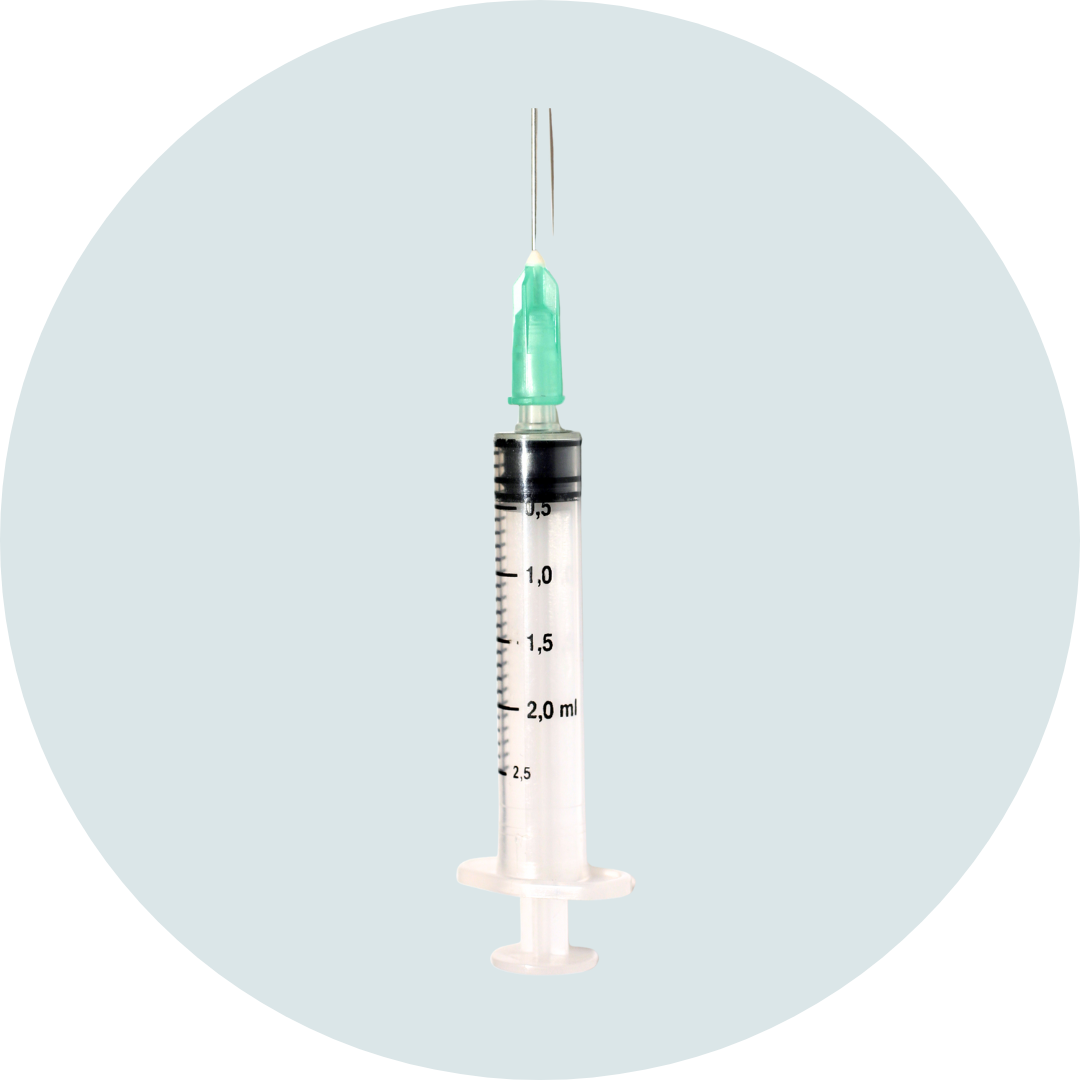
1 Reconstitution Syringe
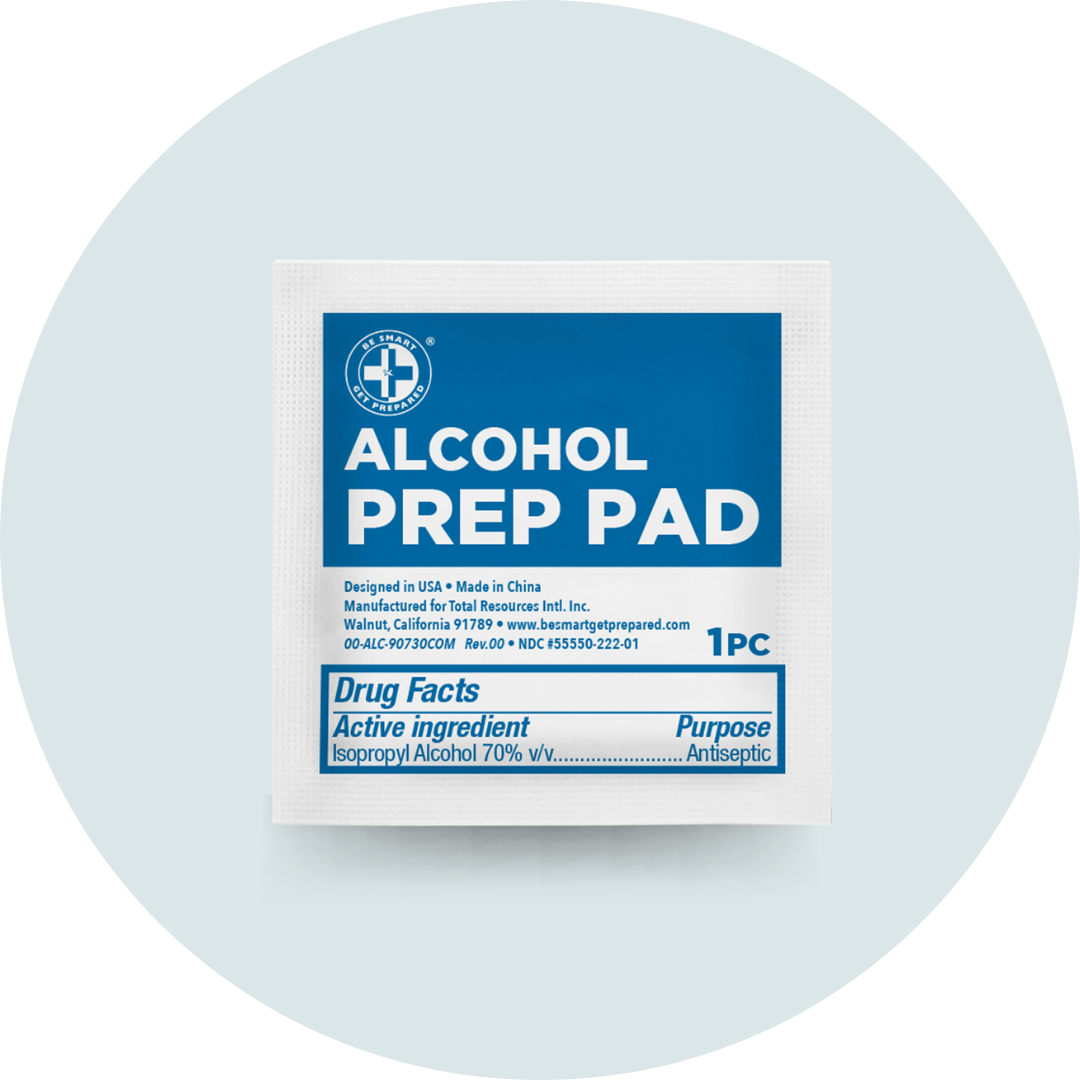
20 Alcohol Prep Swabs
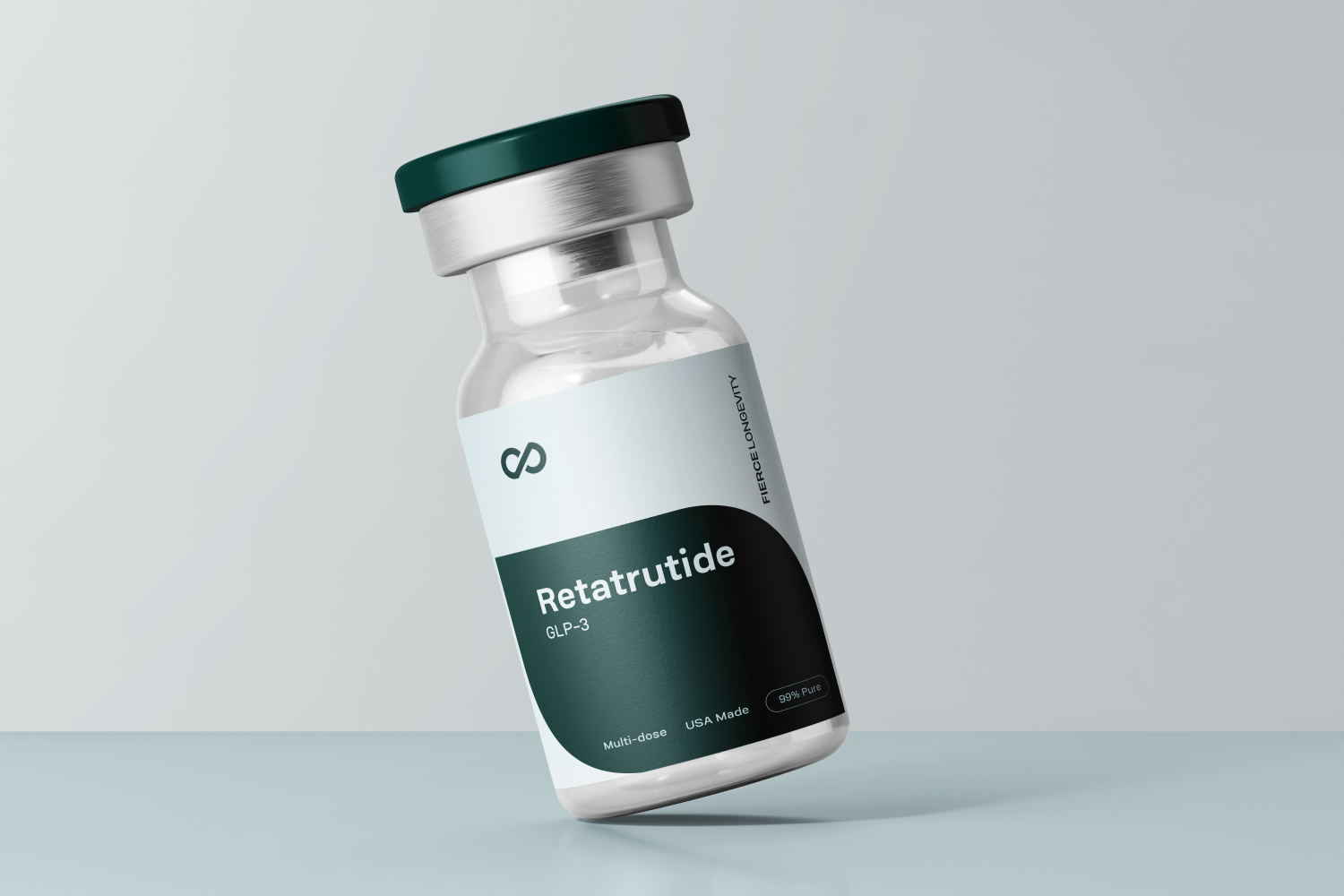
What Is Retatrutide?
Retatrutide is a cutting-edge investigational peptide that acts as a triple receptor agonist, targeting GLP-1, GIP, and glucagon receptors. Designed to optimize metabolic balance, Retatrutide has shown powerful effects in improving blood sugar regulation, body composition, and energy metabolism.
By engaging multiple metabolic pathways, this next-generation peptide supports fat reduction, muscle preservation, and enhanced insulin sensitivity, offering a comprehensive approach to metabolic wellness and weight management.
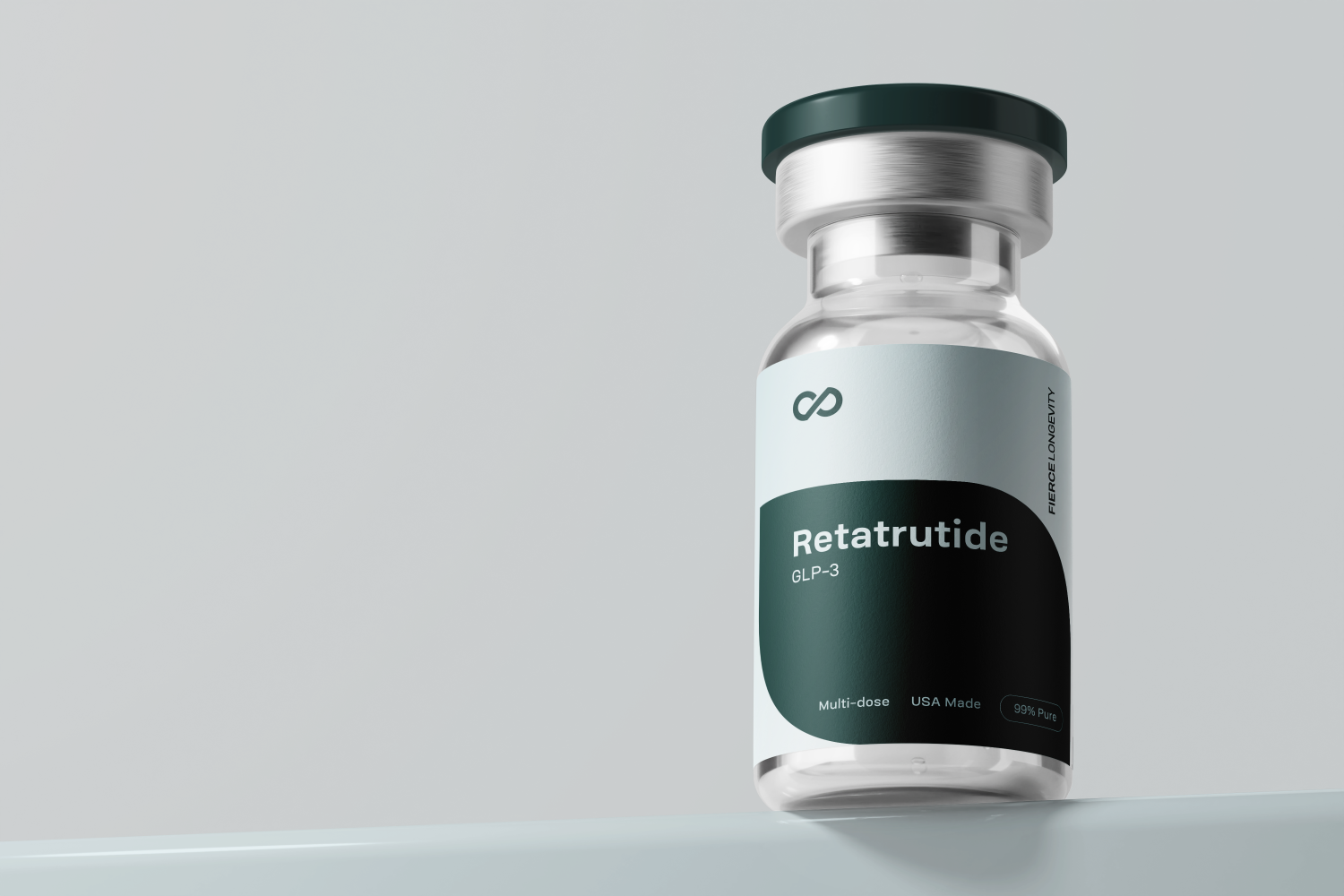
Why Choose Retatrutide?
Researchers choose Retatrutide for its multifunctional metabolic benefits. It not only promotes sustained weight reduction and appetite regulation, but also enhances glucose control and lipid metabolism—making it one of the most promising compounds in obesity and diabetes research.
Its triple-action receptor targeting allows for synergistic effects beyond single-pathway peptides, positioning Retatrutide as a next-level therapeutic candidate in the field of metabolic optimization and longevity science.
Manufactured in ISO-certified facilities and validated through HPLC and purity testing, each vial guarantees consistent, research-grade quality and performance.
Retatrutide FAQs
How is Retatrutide administered?
Retatrutide (GLP-3) is an injectable peptide. Peptides are typically administered subcutaneously or intramuscularly. Some peptides are available as nasal sprays or oral capsules.
Retatrutide (GLP-3) is for research and educational purposes only. It is not intended for diagnostic or therapeutic use without the guidance of a qualified healthcare professional.
Can peptides be taken orally?
Most peptides are not bioavailable orally due to degradation in the digestive system. However, some, like BPC-157 or KPV, are effective in capsule form.
Do peptides have side effects?
Synthetic peptides are very similar to peptides that naturally exist in the body and in healthy foods. The FDA has categorized peptides as GRAS (considered to be generally recognized as safe) ingredients.
The side effects of peptides depend on the specific type of peptide and the method of consumption. Some common side effects associated with peptides include:
- Injection site reactions such as redness, pain, swelling, bruising and itching
- Flushing sensation
- Digestive issues like nausea, diarrhea, and other digestive symptoms
- Hormonal imbalances caused by growth hormone-releasing peptides (GHRP)
How should peptides be stored?
Peptides should be stored in a refrigerator (2°C to 8°C) after reconstitution. Lyophilized (powdered) peptides should also be kept in a cool, dry place until reconstitution or in a freezer for long term storage.
What are peptides?
Commonly known and understood peptides in the medical community are insulin, oxytocin, collagen. These are all peptides.
As a matter of fact, the human body naturally produces more than 7,000 known peptide types. With this many peptides, they are used in a wide variety of the body's systems and are essential to the way we function and age.
Peptides are very tiny proteins made up of short chains of amino acids. They signal the cells in your body to act in certain ways. As a result, peptides are responsible for how you function, feel, look and live overall. Since different peptides affect different cells and functions, they can be highly tailored and targeted to treat a full spectrum of health, wellness, fitness, metabolism, aging and cognitive conditions.
What are peptides used for?
Common uses include:
- Anti-aging and skin rejuvenation
- Weight loss and fat burning
- Muscle growth and recovery
- Enhancing cognitive function
- Improving libido and sexual health
- Treating inflammation and injuries
- Prevention and treatment of diseases
- Addiction treatment and recovery






